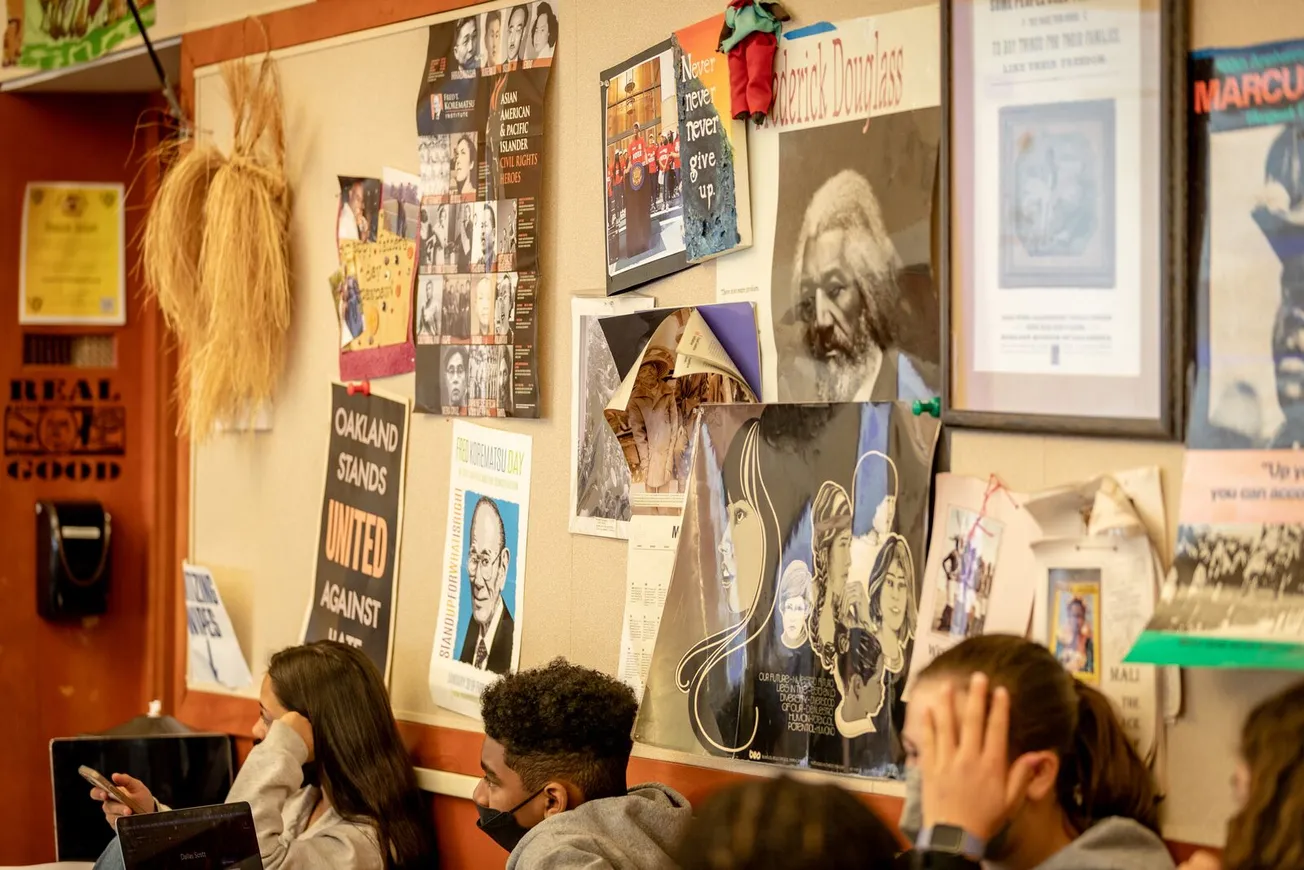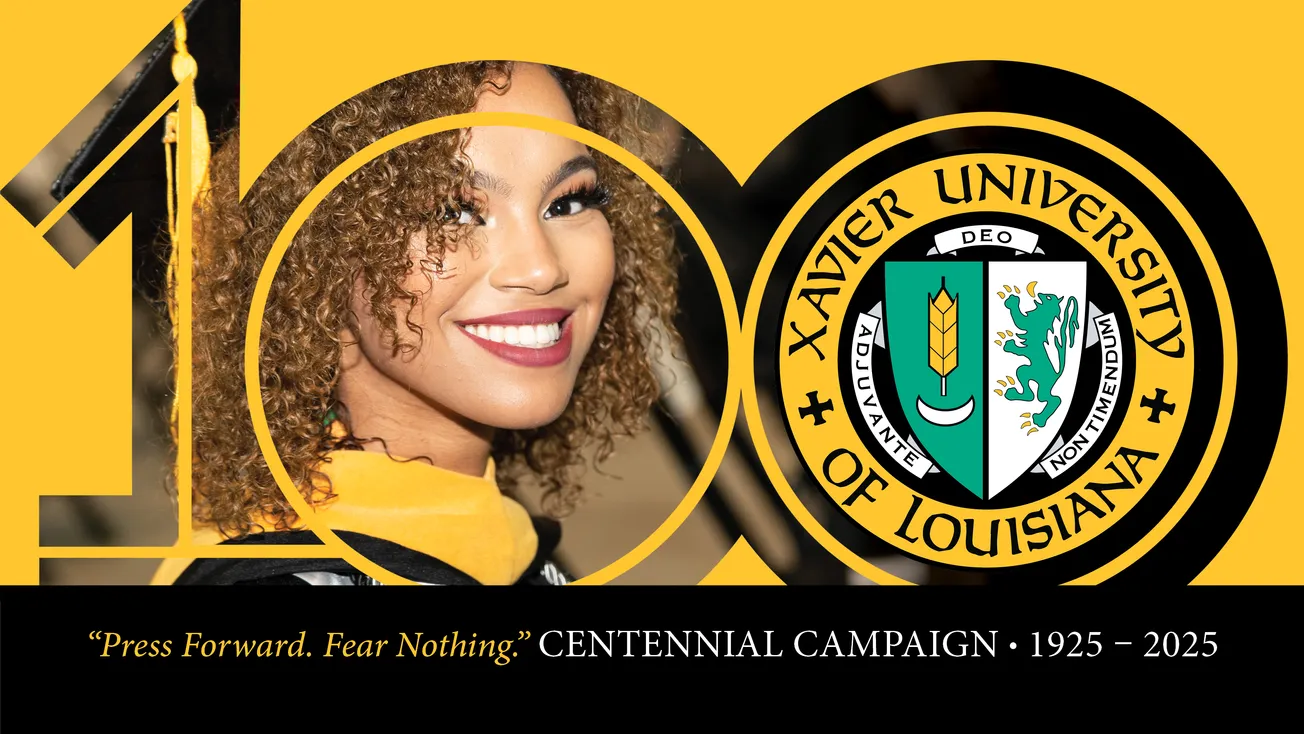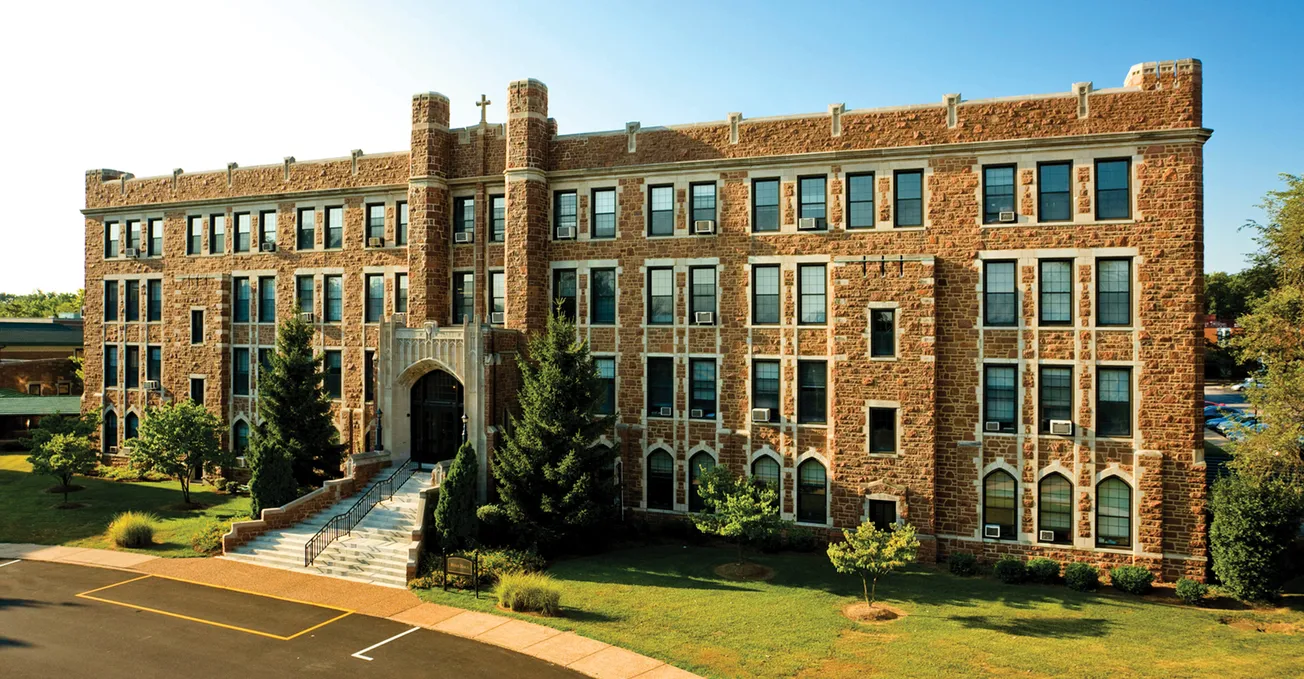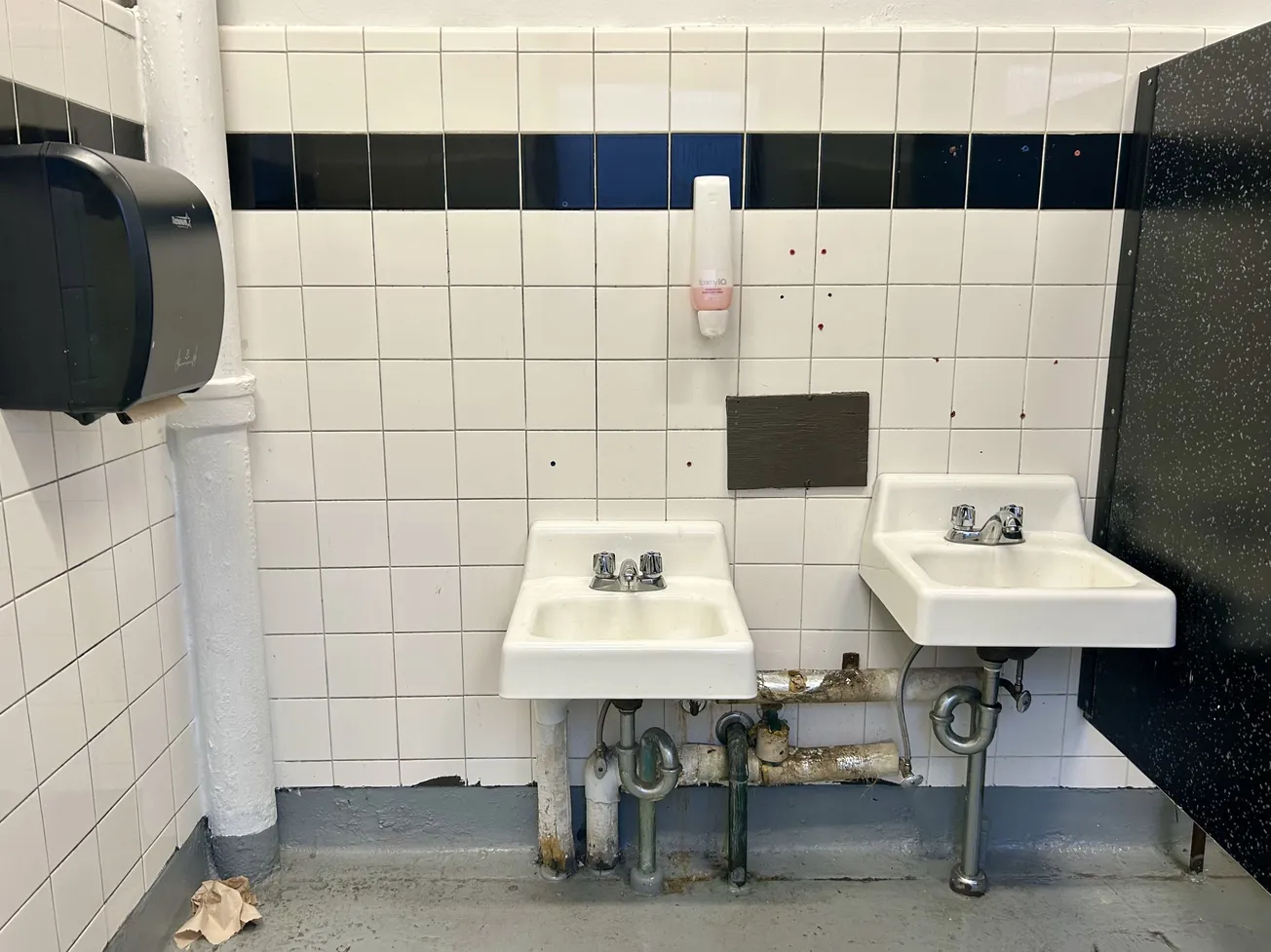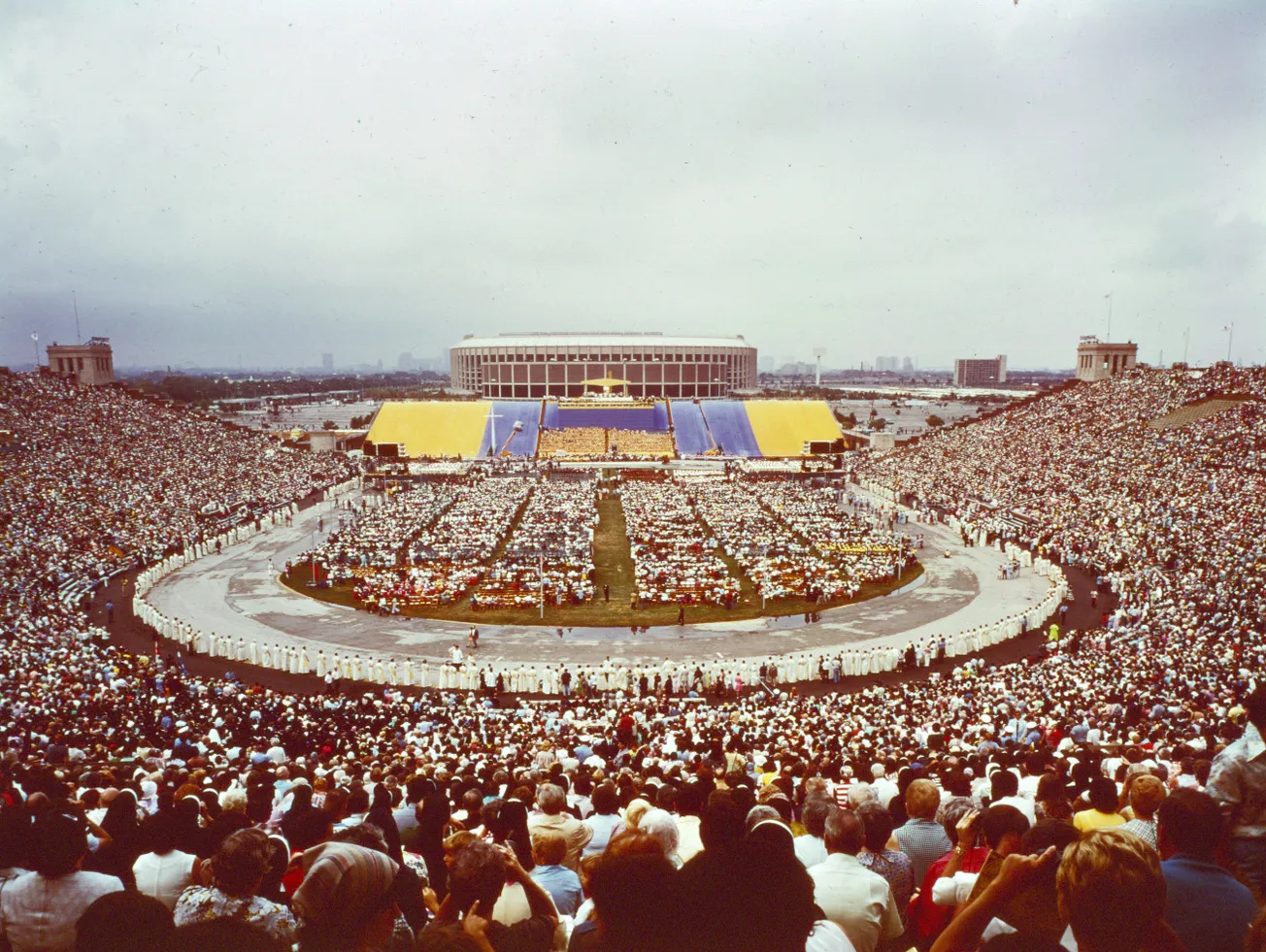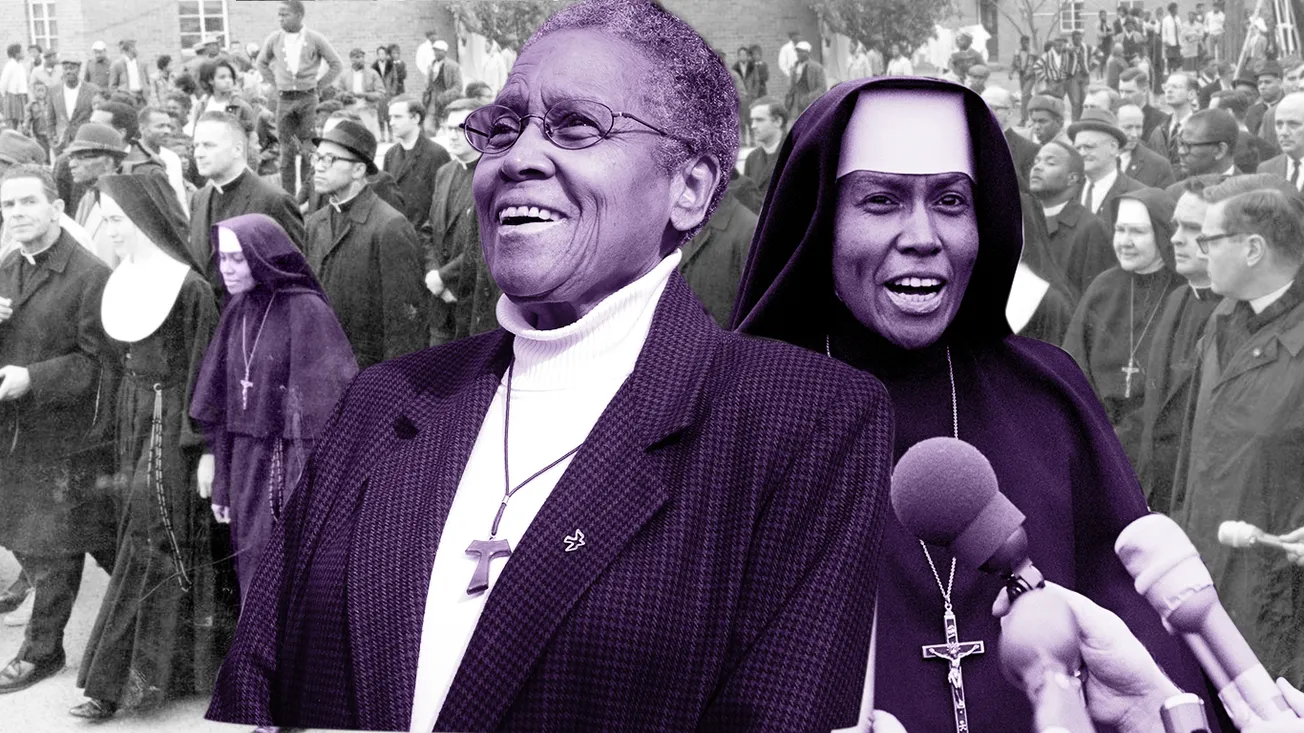As bans on “critical race theory” take hold in schools across the country, a new college-credit offering from the College Board will focus on Black history from the motherland to the diaspora.
AP African American Studies, scheduled to become part of the Advanced Placement program active in high schools across the country, recently broadened its pilot for the 2022-23 school year—including in the new cohort a Catholic institution in California.
Bishop O'Dowd High School in Oakland is one of 60 public and private schools selected for the test group, expanded from 11 added over the past four years. The University of Notre Dame and Tuskegee University helped develop the course, which would be the 40th in the AP program and the first since 2014.
The popular historian Henry Louis Gates Jr. also assisted in bringing the course to reality, though he distanced the new offering from the current political controversies swirling around the topic of African-American history.
“AP African American Studies is not CRT. It’s not the 1619 Project,” he told Time in August.
“It is a mainstream, rigorously vetted, academic approach to a vibrant field of study, one half a century old in the American academy, and much older, of course, in historically Black colleges and universities.”
At O’Dowd—a majority non-Black school, in a diocese headed by a bishop who has been publicly called a racist—the sentiment is that the new course signals recognition of the realities underlying the experience of Africans before and after the Transatlantic Slave Trade, especially in the United States.
“To me, this signals the understanding of the importance of African American contributions to the nation as a whole,” Tony Green told Oaklandside, following his selection to teach the new class.
“If you just ignore the foundation of humanity—which is African—it really makes no sense and makes it difficult to understand the problems of slavery, unless you understand what existed prior to slavery.”

African American Studies would be the first ethnic studies course in the history of the AP program, which allows students to receive college credit via an exam following completion of the associated high school course.
As one of the many American institutions seeking to reckon with Black history amid the nationwide racial reckoning, the new College Board pilot—its first since 1952—came after adding more African-diaspora history to its other AP history offerings in 2020.
That same year, reports emerged confirming that Black high school students are often relegated to lower-level coursework throughout their primary and secondary education, including paltry enrollment in AP courses.
Curriculum topics mentioned in reports on AP African American Studies include Nzinga “Ana de Sousa” Mbande, a Black Catholic queen in 17th-century West Africa, and American movements such as the Harlem Renaissance and the Black Panther era. (The latter group was founded in Oakland in 1966.)
According to a College Board document released this summer, the course will be broken down into four units ranging from the 8th century to the present era, including “Origins of the African Diaspora,” “Freedom, Enslavement and Resistance,” “The Practice of Freedom,” and “Movements and Debates.”
Students in the new pilot will not be able to receive college credits, but unreported exams will be administered in the spring semesters of 2023 and 2024.
The pilot will reportedly expand to roughly 200 schools in the 2023-24 academic year, before an official launch in fall 2024.
Nate Tinner-Williams is co-founder and editor of Black Catholic Messenger, a seminarian with the Josephites, and a ThM student with the Institute for Black Catholic Studies at Xavier University of Louisiana (XULA).


